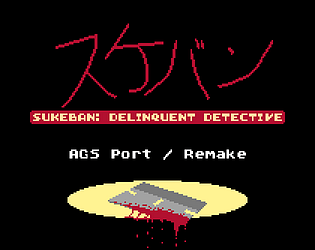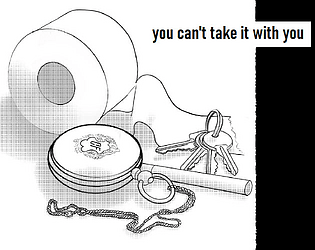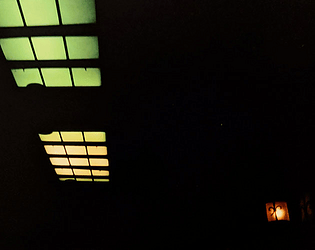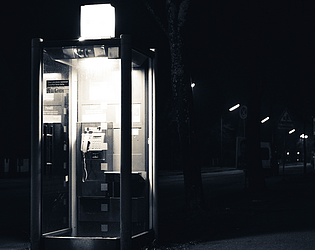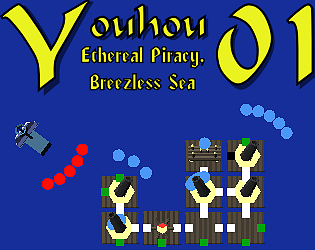This jam is based around works entering the US public domain. I'm not a lawyer but here's my understanding of the situation:
- Copyright of your own art
- Unclear; the most recent consensus I've been able to find (by both a study group by the association that kicked off the Berne Convention in the first place (PDF) and elsewhere academically) is that art solely published on the internet is considered unpublished, and its country of origin is the nationality of the author. This isn't a law and hasn't really been tested, it's just less problematic to base it on this instead of the website or some other metric. US copyright law allows for unpublished works to be copyrighted in the US regardless of origin, but I think that's in the "intentionally registering a copyright" sense.
- Copyright infringement
- The overwhelming consensus is that infringement is based on the laws of the country you are physically located in. So, if you upload portions of material while in, say, the UK, and that material is under UK copyright, that's considered infringement under UK law. If the country you're in has fair use laws, you can try to make a transformative work case if someone tries to sue you, but it's up to you whether you want to take that risk.
- (What I'm less clear on is how this affects work by a US national living elsewhere (my situation, and maybe that of some other people reading this)—the distribution of copyrighted material would be part of an artwork generally considered to be under the jurisdiction of US copyright, where the material's not copyrighted anymore, so...I don't know what happens there? In the old days this distinction wouldn't matter because you'd be physically publishing your work in a specific country, but the internet makes it more complicated. For now I'm not participating in the jam, but I'll probably try to find a lawyer to bother about this.)
- The overwhelming consensus is that infringement is based on the laws of the country you are physically located in. So, if you upload portions of material while in, say, the UK, and that material is under UK copyright, that's considered infringement under UK law. If the country you're in has fair use laws, you can try to make a transformative work case if someone tries to sue you, but it's up to you whether you want to take that risk.
So yeah, in short—double-check the laws of your specific country. The rule of the shorter term is common in Berne countries. If your country has this, US public domain works would be accessible to you regardless of the death date of the author. You'll also have to double check, though, if there's any sort of wartime prolongation—in my case, Japan has a law of shorter term, which would let me use pretty much everything published in America in 1928, but those works are still protected for, essentially, the length of WWII.
Copyright is a mess, basically.


